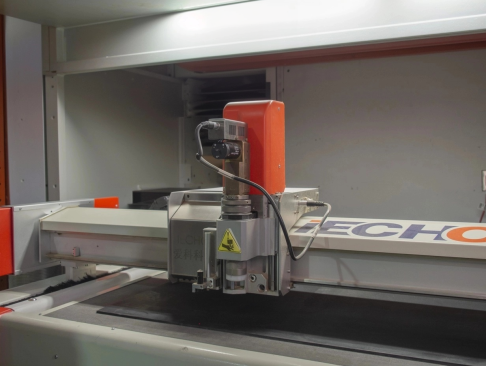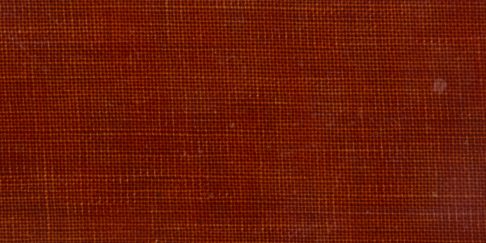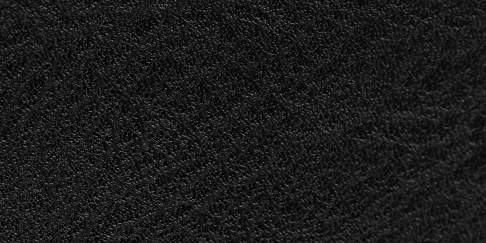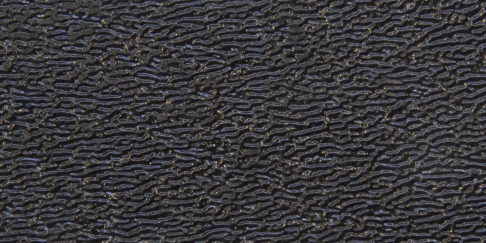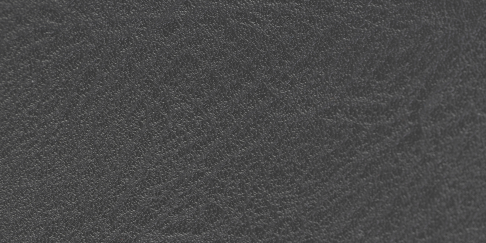Machining subcontractor for over 30 years!
HDPE, the versatile and durable plastic

About HDPE
High-density polyethylene (HDPE) is a thermoplastic polymer known for its exceptional impact resistance, moisture and chemical resistance. Used in a wide range of industrial applications, it stands out for its durability and machinability. Its light weight combined with its stiffness makes it an ideal choice for parts that must withstand wear without compromising formability.
Entrust the machining of your HDPE to experts
At 3D Coupe, we have the expertise to transform HDPE into high-precision parts that meet your industry’s requirements. Trust our know-how for machining suited to your needs. Contact us today!
HDPE Characteristics
Mechanical Performance
- High impact resistance: HDPE effectively absorbs impacts, thereby reducing the risk of cracking.
- Good rigidity: its dense structure gives it excellent dimensional stability.
- Low coefficient of friction: ideal for applications where a smooth and slippery surface is essential.
Thermal Performance
- Operating temperature up to 80°C: it retains its mechanical properties under moderate temperatures.
- Good resistance to cold: it remains functional and flexible even at extreme temperatures.
Chemical Performance
- Excellent chemical resistance: it withstands most acids, bases, and industrial solvents.
- Impermeability to gases and water: its low absorption rate makes it a material of choice for applications involving liquids.
Practicality
- Ease of machining: compatible with conventional machining techniques such as milling and turning.
- Lightweight and recyclable: its low weight facilitates handling while being an environmentally friendly option.
Uses of HDPE
HDPE is widely used in the manufacture of chemical tanks, conveyor parts, protective coatings, and components for the food industry. It is favored for its resistance to moisture and chemicals, making it a preferred choice for demanding environments.
FAQ and comparisons
What is the difference between HDPE and UHMW?
UHMW (Ultra-high-molecular-weight polyethylene) offers better wear resistance and greater durability than HDPE. However, HDPE is easier to machine and more affordable.
Is HDPE UV resistant?
By default, HDPE can degrade under prolonged UV exposure. However, there are versions treated with UV stabilizers to improve its outdoor durability.
Can HDPE be welded?
Yes, HDPE can be welded using various thermal processes, allowing for strong and watertight joints.
Is HDPE compatible with the food industry?
Yes, there are grades of HDPE that comply with food standards and are approved for direct food contact.
How does HDPE compare to polypropylene (PP)?
HDPE is stiffer and more impact resistant than PP. In contrast, PP offers better thermal and chemical resistance in certain applications.
Can HDPE be recycled?
Yes, HDPE is a highly recyclable material, making it a sustainable choice for many industrial applications.
What is the lifespan of HDPE?
HDPE is extremely durable and can last several decades depending on usage conditions.
Work with an HDPE Specialist
We are experts in HDPE machining and know how to maximize its performance for your project. Contact us to discuss your specific needs and obtain high-quality custom parts!

We drive our clients’ growth through smart, customized subcontracting partnerships.
